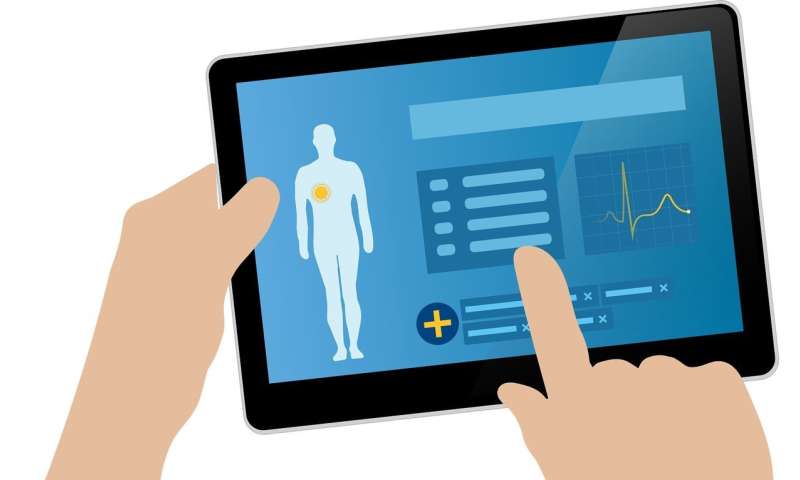Health sector needs guidelines for big data usage


Many predict the health sector will be revolutionized by big data analytics, but the level of understanding and commitment to using big data varies across the sector in New Zealand.
Massey Buisness School lecturer Dr. Kasuni Weerasinghe’s Ph.D. thesis analyzed how big data was perceived at all levels of the health sector—from policymakers to public health organizations (PHOs), to clinicians—and identified areas where views were aligned and misaligned. She believes clearer guidelines for data sharing and better engagement of clinicians is needed if the potential benefits of big data are to be maximized.
“There was actually a lot of ambiguity even around the meaning of ‘big data’ across the sector,” Dr. Weerasinghe says.
Her research found participants from all areas of the health sector were concerned about privacy and data security, especially in relation to sensitive patient data, and there was a high level of uncertainty around “who owns patient data” at levels other than policy.
“Interestingly, policymakers felt New Zealand’s privacy laws were pretty good, while PHOs and doctors felt privacy laws sometimes hindered their ability to use data to help a patient,” she says.
Precision medicine and clinical decision making
There were also a wide range of opinions on how health data should be used. Policymakers were excited by the potential of precision medicine, for example, which has the ability to customize healthcare based on a patient’s genomic structure, but clinicians did not feel they had enough information to decide whether the concept offered value.
This attitude was also reflected in doctors’ views of using big data to improve clinical decision-making.
“While clinicians accept data analytics has potential benefits, many were weary of using new tools without seeing evidence of their benefits,” Dr. Weerasinghe says.
The challenges of complex and incompatible health information systems were also raised, especially by doctors who said a lot of time and money was wasted because disconnected systems didn’t allow them to access patient records in other locations.
Maximizing the benefits of big data
In her thesis Dr. Weerasinghe made a range of recommendations for maximizing the benefits of big data in the health sector. These included prioritizing clinical decision-making as a key application for big data in policy development, improving connectivity between systems across the health sector, clear guidelines around data ownership and reviewing policy to ensure patient privacy as well as providing guidance to the sector for using patient-generated data.
She also identified better sharing of information with clinicians and better consultation when developing tools for clinical care as issues that need consideration.
Source: Read Full Article